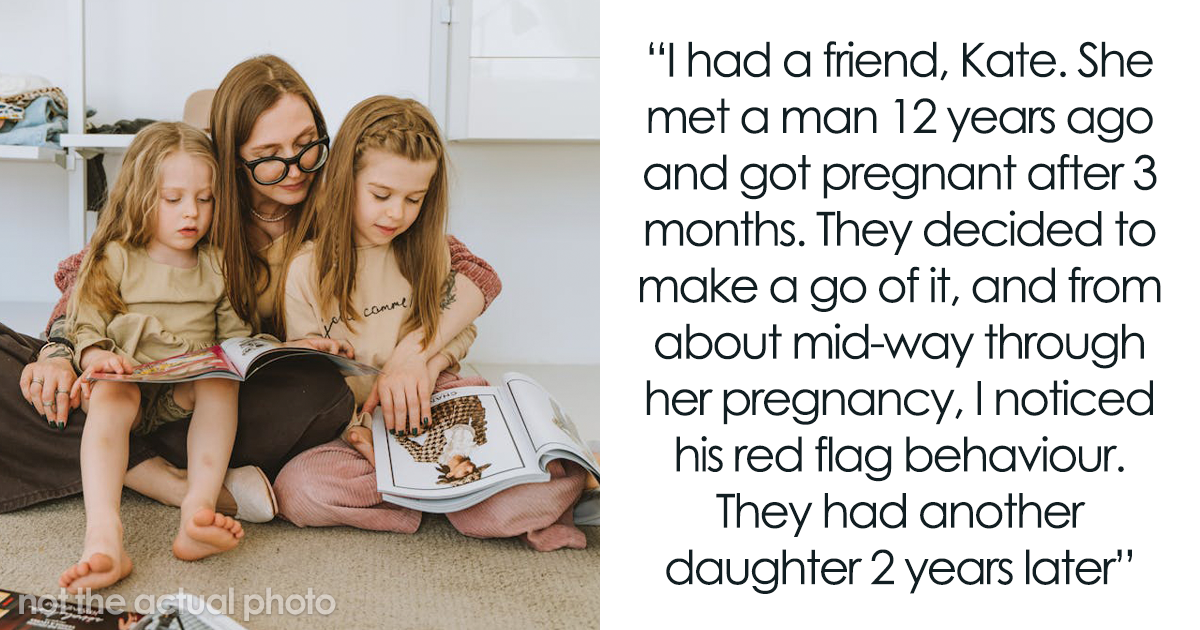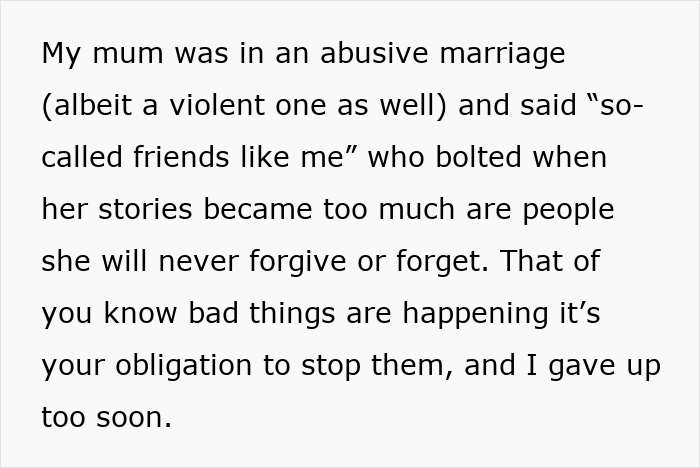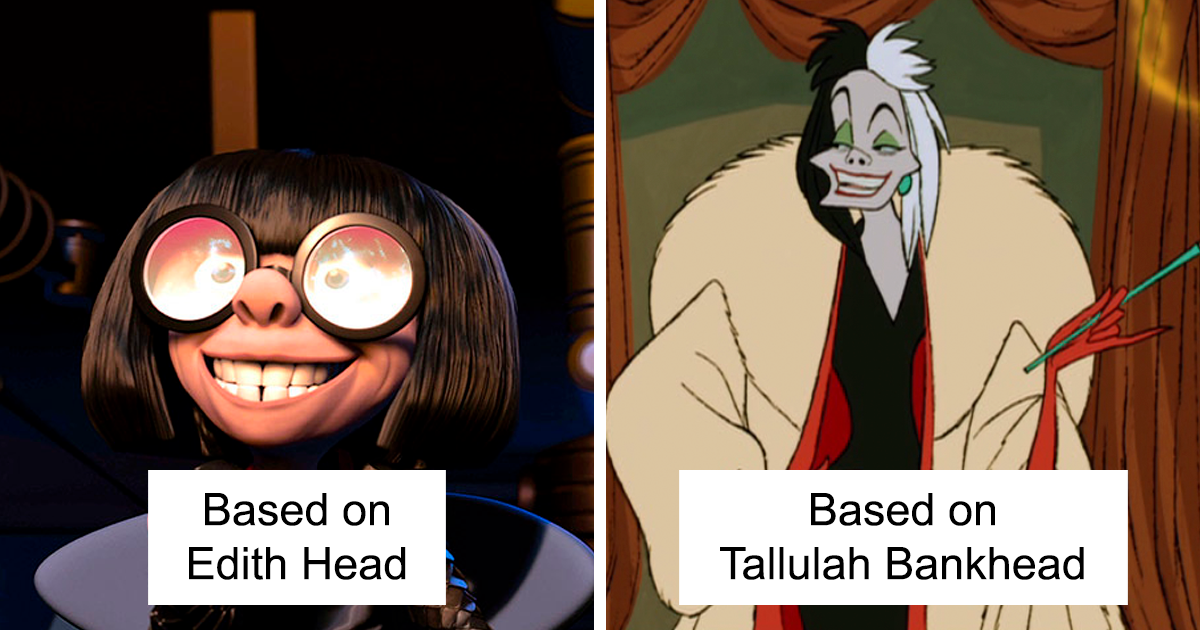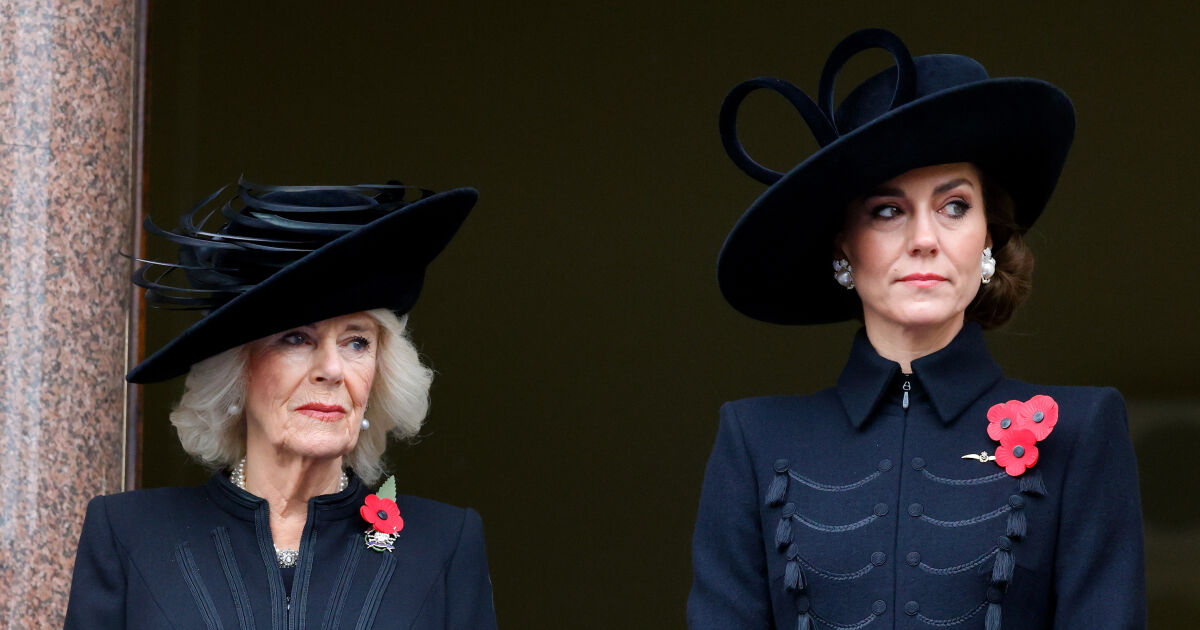I Cut Off My Friend for Staying in an Abusive Marriage—Was I Wrong?
Ever found yourself shouting at the screen, “Just leave already!” while binge-watching a drama about a friend stuck in a toxic, abusive relationship? Yeah, me too—but real life isn’t scripted, and sometimes the hardest person to reach is the one who’s drowning right in front of you. What happens when your best intentions to save a friend from an abusive partner backfire, leaving you tangled in accusations and heartbreak? This isn’t your typical fairy tale, and it raises a gnarly question: when does helping cross the line into hurting yourself? Dive into this compelling story of loyalty, limits, and the brutal reality of cutting ties with someone trapped in an abusive marriage. It’s messy, it’s raw, and unfortunately, it happens more than we care to admit. Ready to unpack the layers? LEARN MORE
There is no excuse for abuse. It’s a horrible thing to watch your friend’s life being devastated by their violent, manipulative, controlling partner. Though you’ve seen the red flags and try to help them get out of the awful situation—providing support and resources—the sad reality is that sometimes they don’t want your help.
One anonymous internet user asked the Mumsnet online community for their thoughts on an extremely sensitive situation. She explained how she went above and beyond to save her friend from her abusive husband. However, the woman eventually had to cut off her friend who accused her of having a ‘vendetta’ against her spouse. You’ll find the full story below.
Warning: mentions of emotional and other types of abuse.
It’s natural to want to help your friends who you see are being mistreated by their emotionally violent partners. Unfortunately, not everyone wants to be saved
Image credits: Anastasia Shuraeva / Pexels (not the actual photo)
A woman went online to share how she tried her best to get her friend out of an abusive marriage. However, things turned out differently than she’d hoped
Image credits: Crypto Crow / Pexels (not the actual photo)
Image credits: Ketut Subiyanto / Pexels (not the actual photo)
Image credits: Kaboompics.com / Pexels (not the actual photo)
Image credits: Liza Summer / Pexels (not the actual photo)
Image credits: Timur Weber / Pexels (not the actual photo)
Image credits: TheIvyRestaurant
There are lots of different reasons why survivors of abuse choose to stay with their partners, from fear and intimidation to children and love
The National Domestic Violence Hotline notes that it takes a lot of courage to leave abusive relationships. “Abuse is about power and control. When a survivor leaves their abusive relationship, they threaten the power and control their partner has established over the survivor’s agency. This often causes the partner to retaliate in harmful ways.”
This is why leaving is “often the most dangerous period of time for survivors of abuse.” Aside from the physical risks, some survivors may choose to stay in the relationship because of:
- Fear of their partner or concern for their ability to be independent
- Growing up in a context where abuse was ‘normalized’ and not being able to recognize unhealthy behaviors
- Shame of having been mistreated
- Intimidation from their partner
- Low self-esteem and blaming themselves for their partner’s horrible behavior
- Lack of resources
- Disability
- Cultural context
- Children
- Love
Abuse isn’t just physical or emotional. There are other types of dangerous and controlling behaviors, too
According to Women Against Abuse, there are many different types of abuse, ranging from physical and emotional to sexual, technological, and even financial.
The most commonly recognized form of abuse—physical—takes the form of a person hitting, strangling, burning, and otherwise harming their partner. They might also damage their property, refuse them medical care, and force them to abuse substances.
Emotional abuse includes name-calling, insults, extreme jealousy, over-the-top blame, intimidation, shaming, isolation, humiliation, stalking, and controlling what the other person does, where they go, and who they meet.
Sexual violence revolves around power and can involve things ranging from human trafficking to harm, forced intimacy, and sabotaging birth control.
Technological abuse mainly focuses on using technology to control and stalk a person, such as monitoring their social media interactions, phone calls, and messages, tracking their devices, and demanding to know their passwords. Some abusers go as far as to hack into their partners’ emails and social media accounts.


















































